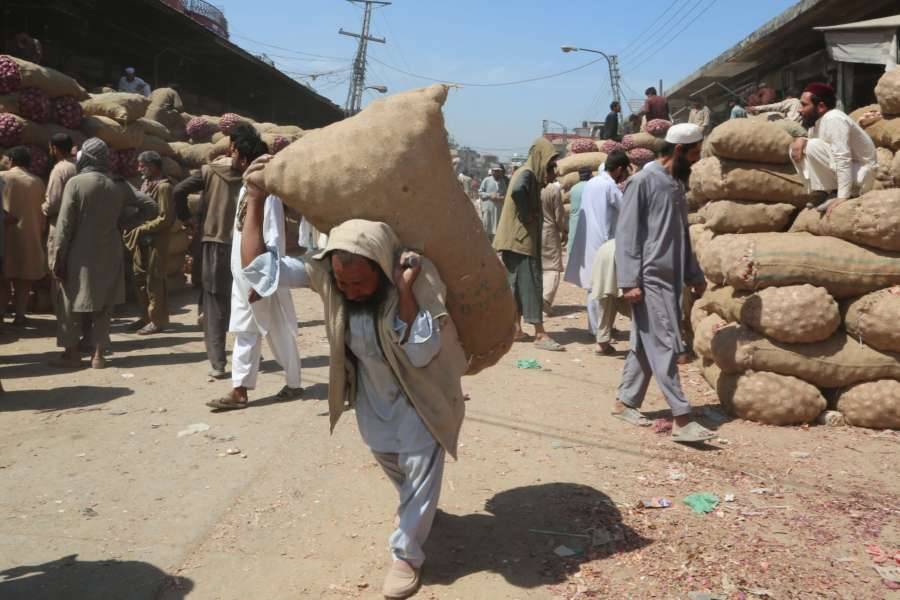As many as 176,790 households were covered across rural and urban communities for collecting information on a range of social sector issues, including education, health, and food insecurity…reports Asian Lite News
A survey conducted by the Pakistan Bureau of Statistics (PBS) has revealed that around 16.4 per cent of households in the country have reported that they are experiencing moderate or severe food insecurity.
According to the survey, the percentage of insecurity has evolved on the basis of information on how many households suffer due to food insecurity by evaluating in terms of money, nutritious food, and hunger over the past 12 months, Dawn reported.
As many as 176,790 households were covered across rural and urban communities for collecting information on a range of social sector issues, including education, health, and food insecurity.
As per the Pakistan Social and Living Standards Measurement (PSLM) 2019-20 survey, Balochistan witnessed the highest level of moderate or severe food insecurity at 29.84 per cent, followed by Sindh 18.45 per cent, Punjab 15.16 per cent and Khyber Pakhtunkhwa 12.75 per cent.
The same survey revealed that the literacy rate among children aged 10 and above in Pakistan has stagnated at 60 per cent.
It provided detailed outcome indicators at the district level with urban and rural breakdown on education, health, housing, water sanitation and hygiene, along with information-on-information communication and technology (ICT), food insecurity experience scale (FIES) and disability and migration, The Express Tribune reported.
According to the survey, net enrolments at primary, middle and matric levels in provinces have either remained stagnant or shown decreasing trends.
Enrolments at all levels are highest in Punjab, followed by Khyber Pakhtunkhwa (K-P) and Sindh while they are the lowest in Balochistan, reported The Express Tribune.
The PSLM 2019-2020 also said all health indicators in the country showed an improving trend as compared to PSLM 2014-15.(ANI)
ALSO READ: EU-India ties grow amid tensions with China

Leave a Reply